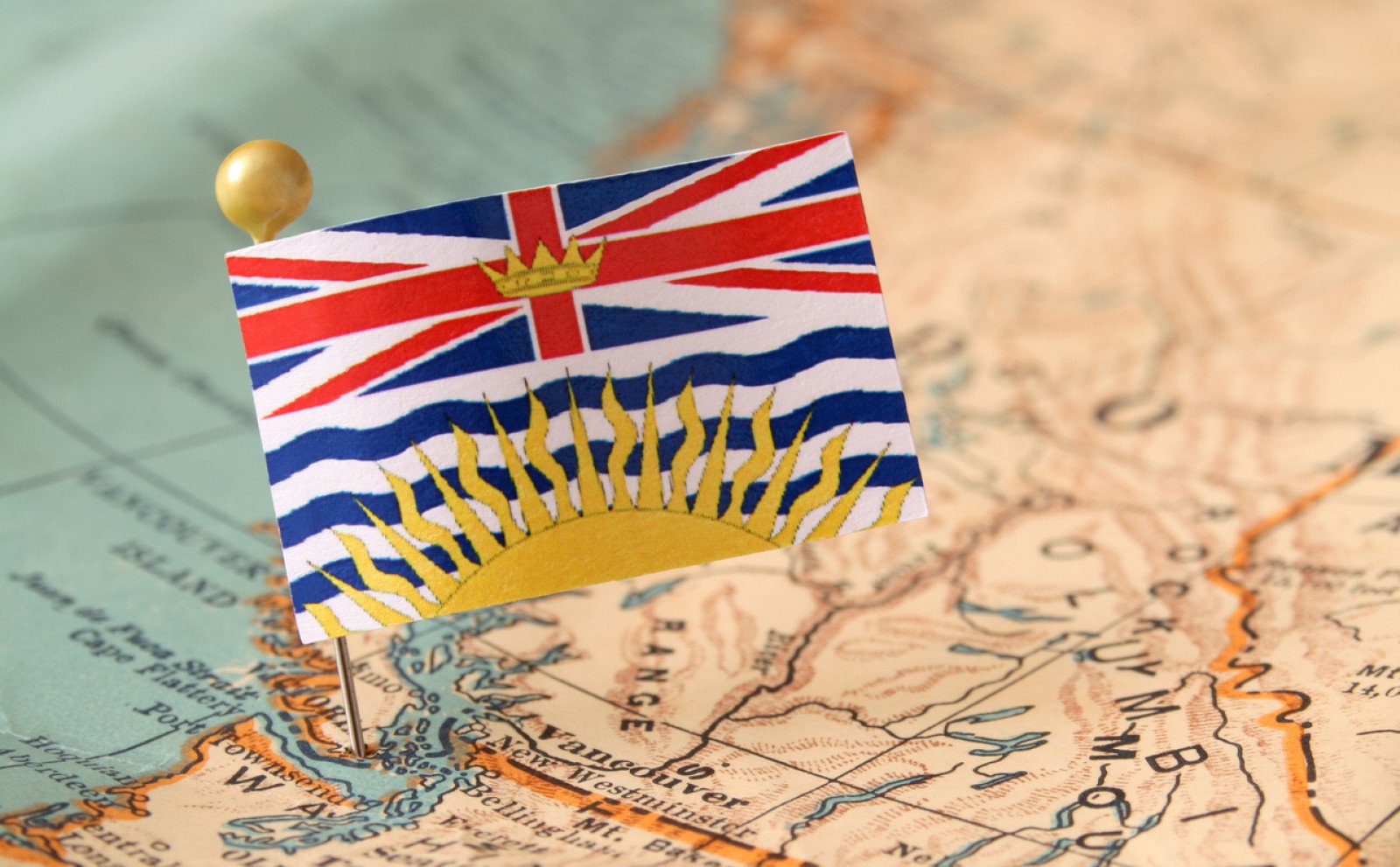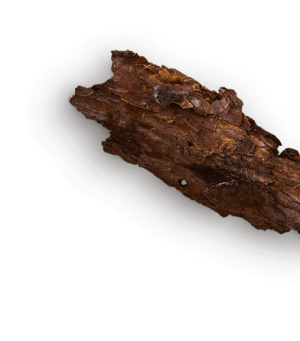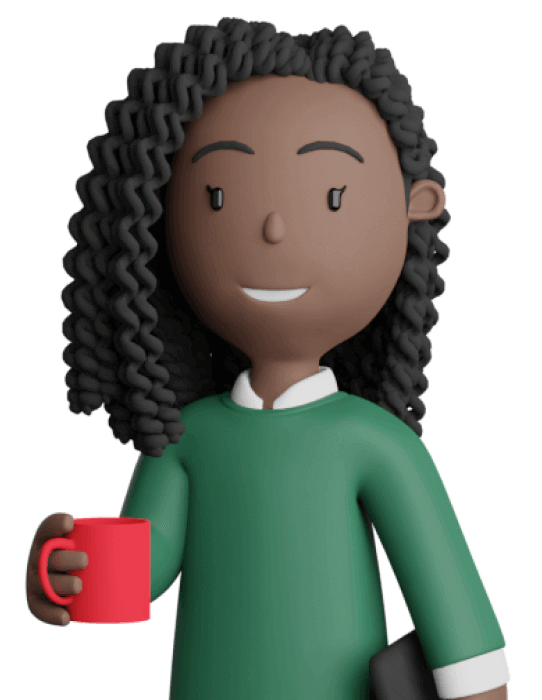
Overview
Discover and explore our province's water resources. Where does your drinking water come from, where is electricity generated and what are we doing to protect wildlife?
Instructions
What you'll need
- “Map it out” handout, one copy per student (or students can work in pairs).
- Information for Prince George and Metro Vancouver are included as examples or students can investigate their own region.
- Internet access for students to research.
- (Optional) For extension activity, print one copy of the “Dive deeper” questions per student or pair.
Map it out
- Explain to your students that they'll be exploring where we get our drinking water, our water for electricity and how we protect wildlife in the region.
- Ask the students to choose a region in B.C. to research. It can be their own community or another one they're interested in.
- Print out a "Map it out" handout and a topographic map of the area for each student or pair.
- Each student is to mark their map showing how water resources are used in the region they've chosen.
- The handout includes directions for the students and internet resources for them to use to find the information they need.
Modify or extend this activity
- Provide each student with the “Dive deeper” questions and do further research on the topic.
- Visit a BC Hydro visitor centre or local watershed.
Curriculum Fit
Grade 5, 7 Social Studies
Big idea
- Natural resources continue to shape the economy and identity of different regions of Canada (Grade 5)
- Geographic conditions shaped the emergence of civilizations (Grade 7)
Content
- Resources and economic development in different regions of Canada (Grade 5)
- Human responses to particular geographic challenges and opportunities, including climates, landforms, and natural resources (Grade 7)
Curricular competencies
- Use Social Studies inquiry processes and skills to — ask questions; gather, interpret, and analyze ideas; and communicate findings and decisions
Assessments
- Assess students’ understanding of how water in their region is used for humans and ecosystems.
- Assess students’ understanding of how electricity is generated in their region and where their drinking water comes from.
- Assess students’ ability to understand the complex ways that humans, wildlife and ecosystems must share the water resources.
Teaching Notes
British Columbia and water
In B.C., we generate our electricity using water. We rely on water for drinking, showering, industry and agriculture. Wildlife also depends on this precious resource. Despite our province being rich in rivers and lakes, we experience summer droughts. So in order to have sufficient water to meet everyone’s needs, we need to use less water and use less electricity so we can all share this resource.
B.C. has huge potential for generating hydroelectricity as we have heavy precipitation, mountains slopes and interior drainage basins. However, many of the large rivers in the interior have not been developed to generate hydroelectricity due to the impact it could have on the environment and salmon habitat. Subsequently, conservation is essential particularly since we have a growing population and increased demand for both potable water and electricity.
There are easy ways to reduce our water consumption like:
- Taking shorter showers
- Turning off the tap when we wash our hands and brush our teeth
- Only washing full loads of laundry
- Only running the dishwasher when it's full
- Limiting/not watering grass
- Washing cars with a bucket instead of a hose
- Getting a rain barrel
There are simple ways to reduce our electricity use like:
- Turning off lights
- Turning off and unplugging unused appliances and electronics
- Have “energy-free Friday” and turn off the TV and play games
- Playing outside with our friends and family
- Playing board games and reading books instead of playing video games and watching TV
Fish and Wildlife Conservation Program (FWCP)
The FWCP is a partnership between the province of B.C., BC Hydro, Fisheries and Oceans Canada, First Nations and Public Stakeholders to conserve and enhance fish and wildlife in watersheds impacted by BC Hydro dams.






